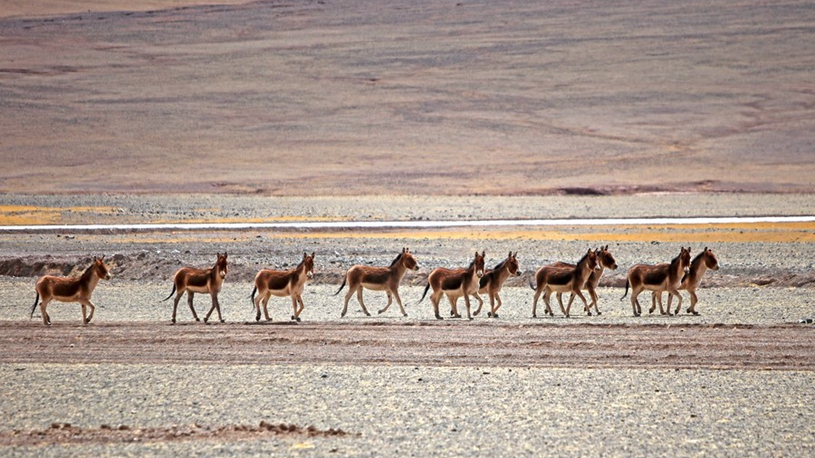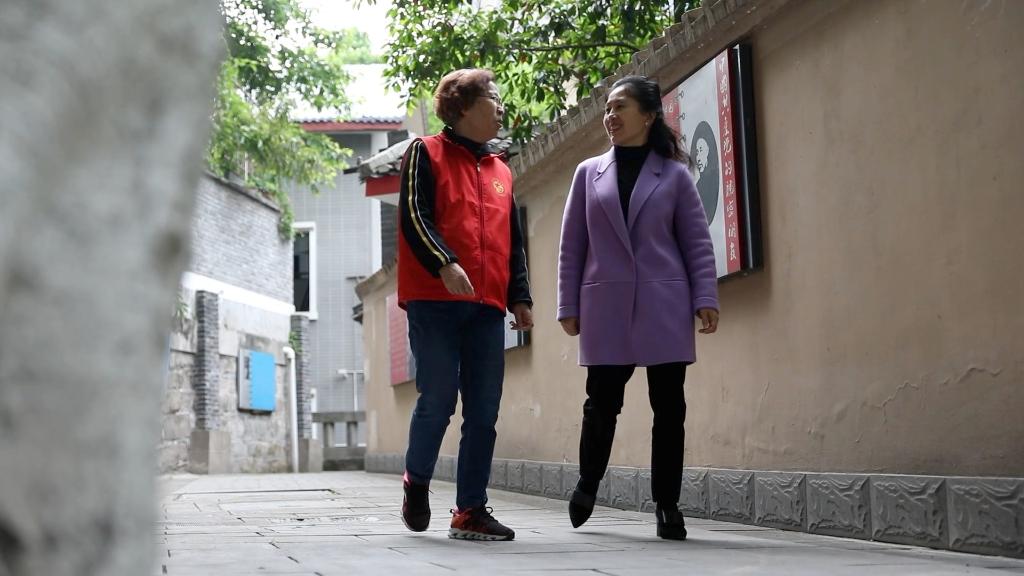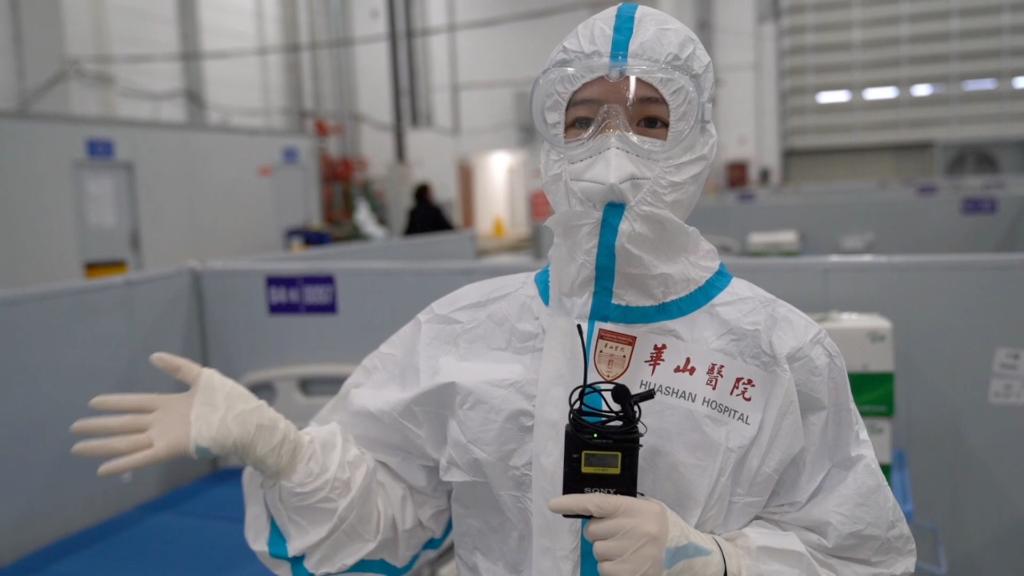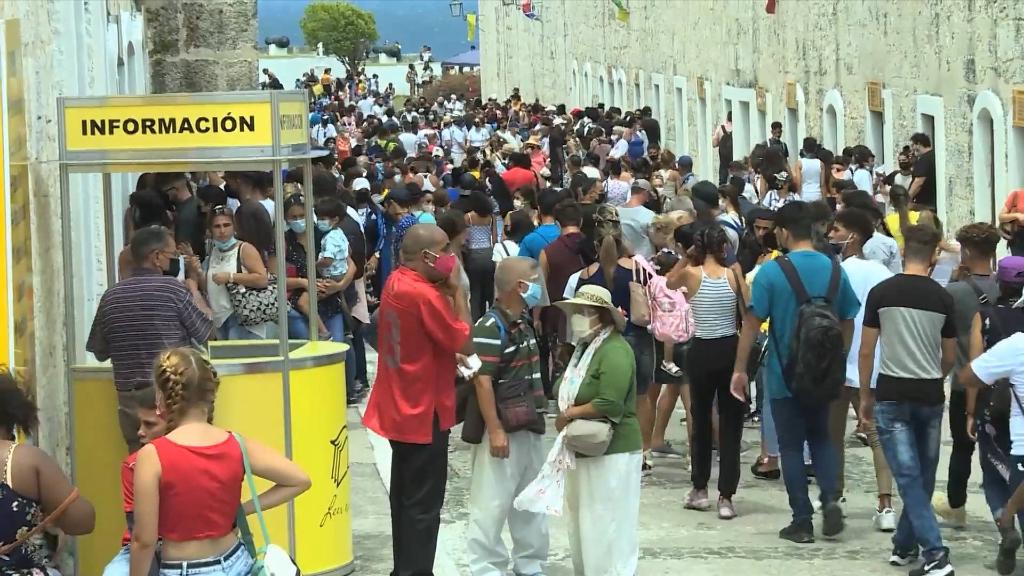Dar es Salaam Institute of Technology (DIT) is honing the technology to modify vehicles from using gasoline to using compressed natural gas (CNG).
DAR ES SALAAM, April 24 (Xinhua) -- Behind the facade of buildings housing the state-run Dar es Salaam Institute of Technology (DIT), along Morogoro Road in the commercial capital of Tanzania, a team of technicians are busy modifying vehicles from using gasoline to using compressed natural gas (CNG).
DIT, one of the east African nation's high learning institutions dealing with training, consultancy and innovations in different areas, is honing the technology to modify vehicles from using gasoline to CNG as one of its latest innovations.
Gerutu Bosinge, the CNG workshop manager at the DIT, said the technology is helping to save the environment from degradation and reduce the impacts of climate change because natural gas is clean energy.
"Natural gas has little carbon dioxide compared to (other) fossil fuels. Using natural gas reduces a lot of carbon dioxide," Bosinge told Xinhua in an interview as he supervised technicians in the workshop who were modifying a car from using gasoline to CNG.
"In the economic sense, CNG is cheaper... When you use natural gas you save about 50 percent of the costs," he said.
Frederick Michael Sanga, a public servant working in Dar es Salaam, had his car modified from using gasoline to using CNG three years ago.
"I have not regretted the decision I made. I am saving a lot of money that I could have used for buying fuel," Sanga told Xinhua by telephone.
He said he used to spend about 60,000 Tanzanian shillings (about 26 U.S. dollars) for buying fuel in a week but now he spends less than 17,000 Tanzanian shillings a week on CNG, and that the amount paid for the modification process is cheaper compared to the benefits that one gets after one had the vehicle modified.
"With the current rising prices of fuel I cannot imagine how I could have managed to drive my car," said Sanga, adding that using CNG also makes the car to be in good condition.
According to Bosinge, DIT engaged in research work on the modification of vehicles from using fuel to CNG in 2008 until 2018 when they made a breakthrough. The modification work started in 2018 and until now DIT has converted more than 800 cars from using gasoline to using CNG, and more people are making inquiries for converting their vehicles.
Bosinge said the operation of the CNG workshop in the DIT compound fully covered by the institution. "DIT is fully financing the running of the workshop."
The workshop has employed four full-time technicians who are assisted by students, he said.
"It takes one to two days to modify one vehicle. But if we have two technicians they can modify two to three cars a day," he said, noting that there are some vehicles that are more complicated when it comes to refitting them from using gasoline to natural gas.
"Cars with gasoline direct injection are complicated because they need special kits. It is different from cars with gasoline indirect injection," said Bosinge.
He said the cost of converting one vehicle depends on the size of the vehicle but the minimum price is 2 million Tanzanian shillings.
As DIT converts more vehicles that use gasoline into CNG-powered ones, plans are afoot to convert vehicles that use diesel before the end of this year, Bosinge said, urging authorities to reduce import duty for modification kits and gas cylinders to encourage more people to use the technology.
Apart from the DIT workshop, there are two small workshops that are being managed by former DIT students in Dar es Salaam for converting vehicles from fuel to CNG.
"DIT is supporting them technically and encouraging others to do the business because this technology is being used all over the world," said Bosinge.
There are two filling stations for CNG in Dar es Salaam, with one being located at Ubungo Maziwa and the other one near TAZARA station. The government plans to establish five more filling stations for CNG in Dar es Salaam, said Bosinge.
This technology has not started to be applied in upcountry regions where natural gas is not supplied.
With Tanzania's natural gas reserves estimated at 1.61 trillion cubic meters, Bosinge feels that the future is bright when it comes to promoting the use of clean energy.
Sanga, the owner of the refitted car, said he is also contributing to saving the environment from further degradation because his car is no longer emitting gases that contribute to global warming.
"I am appealing to my fellow citizens to modify their vehicles from using fuel to using CNG in order to protect Mother Nature," he said.












